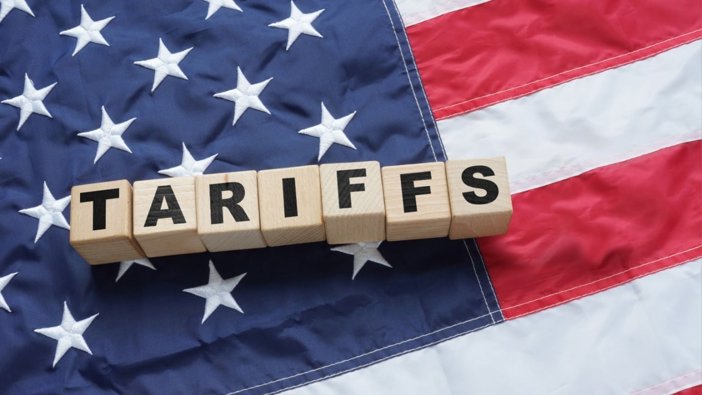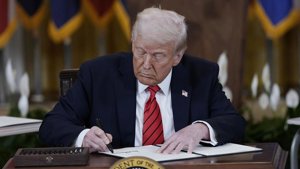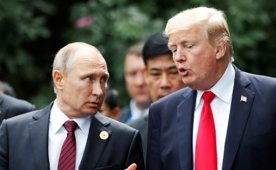
U.S. Drops Industry Tariff Plans
The United States is reportedly shifting its tariff approach by moving away from broad, industry-specific levies. According to a report from The Wall Street Journal citing a White House official, the country will likely forgo previously proposed tariffs targeting specific sectors such as automobiles, pharmaceuticals, and semiconductors.
President Donald Trump had earlier floated the idea of imposing tariffs on a range of industries, aiming to address trade imbalances and bolster domestic manufacturing. However, the report suggests that such sector-specific actions are now unlikely to be announced as initially planned in April.
Instead, the administration is expected to emphasize reciprocal tariffs that focus on mirroring trade measures imposed by Washington’s trading partners. This refined strategy appears to aim at creating more balanced trade relationships while avoiding blanket actions that could disrupt global supply chains or provoke broad retaliation.
Tariffs related to concerns over fentanyl—specifically those involving Canada and Mexico—remain under consideration. However, no definitive timeline has been provided for their implementation. These targeted measures suggest the administration is maintaining pressure on select issues while stepping back from wide-reaching industry moves.
The shift in strategy represents a notable adjustment in U.S. trade policy under Trump, emphasizing strategic reciprocity over broad sector-based enforcement. As the April announcement date nears, industry stakeholders and international partners are closely monitoring the final scope of changes, anticipating a more calibrated approach to economic and diplomatic challenges.






